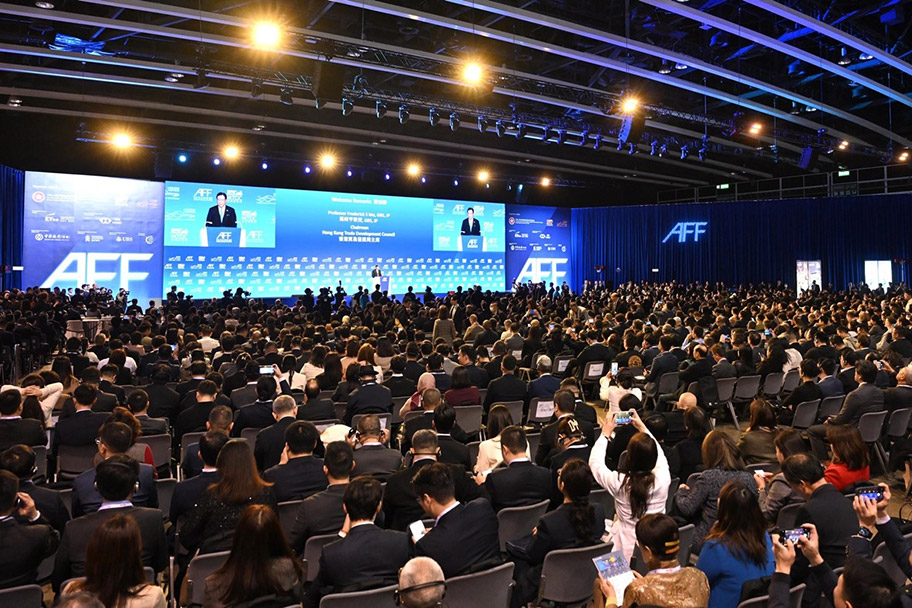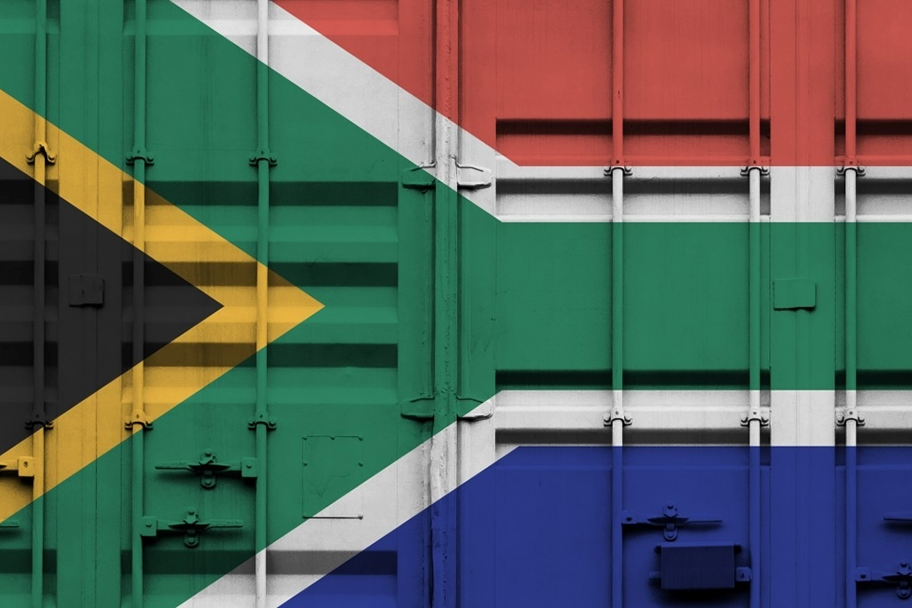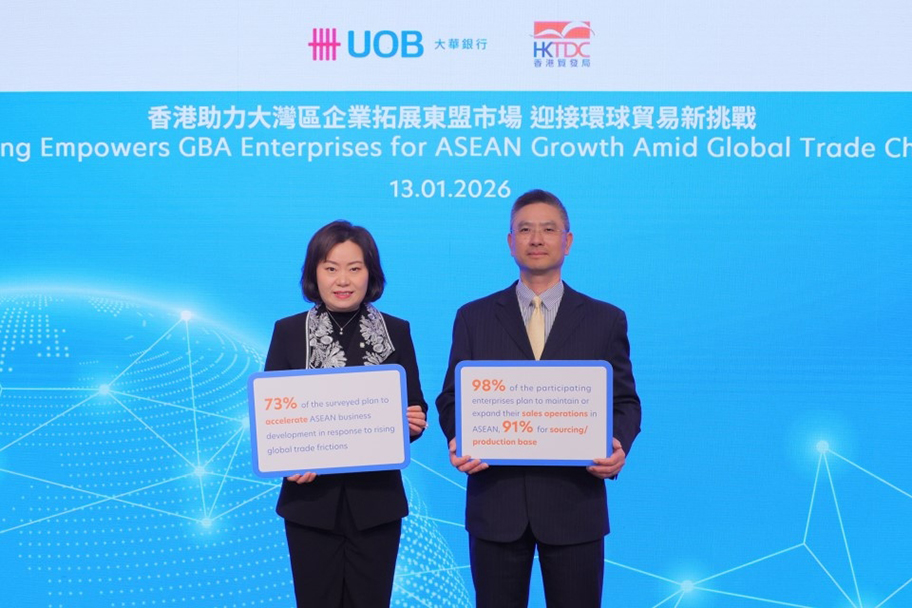Blue China: Navigating the Maritime Silk Road to Europe
By ECFR
- Mathieu Duchâtel, Deputy Director of the Asia and China Programme, European Council on Foreign Relations
- Alexandre Sheldon Duplaix, Researcher-Lecturer, French Defense Historical Service
Summary
- China’s Maritime Silk Road is about power and international influence, but Europeans should not overlook the importance for China of further developing its blue economy, which already represents 10 percent of China’s GDP.
- The Maritime Silk Road already affects Europe in five main areas: maritime trade, shipbuilding, emerging growth niches in the blue economy, the global presence of the Chinese navy, and the competition for international influence.
- On balance, the Maritime Silk Road creates more competition in Europe-China relations, but it also creates space for cooperation in the blue economy and for specific maritime security missions.
- Europe should emulate China’s blue economy as an engine of growth and wealth, and encourage innovation to respond to well-funded Chinese industrial and R&D policies.
- Europeans should strengthen their contribution to maintaining a strategic balance in the Indo-Pacific region and uphold their vision of a rules-based maritime order.
Introduction
"If you want to be rich, build a road first" (要想富,先修路). There is rarely a conversation about Xi Jinping's Belt and Road Initiative (BRI) – his plan for greater connectivity for China across both land and sea – in which this six-character proverb does not crop up. But in the shape of the Maritime Silk Road part of the strategy, the route exists already and is vital to China's ever-growing wealth. The sea lanes of communication from China to Europe through the Malacca-Suez route are among the busiest in the world. Twenty-five percent of world trade passes through the Malacca Strait alone. China-Europe maritime trade is three times larger than trade by air freight and Eurasian railways, while the last alternative – the Northern Route through the Arctic Ocean, that China dubs the "Ice Silk Road" – is only just starting to develop….
1. Europe and the Maritime Silk Road: engaging on Chinese terms….
2. Five key implications for Europe
2.1 Maritime Trade: China’s increasing global footprint….
2.2 The risk of slow death for the European shipbuilding industry….
2.3 Towards Chinese leadership in emerging strategic industries….
2.4 The new normal in Chinese naval presence worldwide….
2.5 Responding the intensified strategic competition in the Indo-Pacific….
3. Conclusion and policy recommendations
China’s policies on facilitating the growth of its blue economy and its construction of a powerful navy are transforming the global maritime environment in which Europeans operate. Both sides seek prosperity and security, and this can create opportunities. But overall the Maritime Silk Road presents Europe with serious challenges, and it will heighten the competition element in Europe-China relations. Europe should not turn its back on the opportunities that exist but it should not turn a blind eye to the challenges either.
- The EU should put in place an EU-wide investment-screening system, and soon.
Chinese investment in European ports can be unproblematic – until a critical size is reached. This point is reached when the scale of one project in a single country leads to excessive political influence, although this can also come about through the gradual establishment of a position of dominance which threatens fair competition. In third countries, the growth of Chinese influence through port infrastructure leaves no space for a ‘win-win’ game between Europe and China. In an ideal scenario, a greater Chinese economic presence in unstable states could lead to EU-China crisis management cooperation. But the absence of any significant achievements in this area so far indicates that such an outcome is unlikely. As a result, the EU and its member states should draw a clear line for themselves between investment that helps meet European long-term interests and investment that negatively affects Europe’s competitiveness. Besides introducing an EU-wide screening policy, equally important is the need for reflection within the EU institutions and among member states about how investment-screening should apply to the maritime domain and the blue economy. For internal use, the EU could produce a “white list” of areas where cooperation with China can operate on a basis of reciprocity. The EU should make clear to China that reciprocity should be the basis for investment exchanges in the blue economy. Experts understand that reciprocity is about fairness and non-discrimination, but there is a risk of misinterpretation on the Chinese side. Europeans should seek to mitigate this through clear explanations.
- Europe should look and learn from China’s blue economy as an engine of growth and wealth.
Europe should emulate China’s strong and well-funded policies on developing shipbuilding, deep sea exploration, offshore oil and gas exploration and exploitation, shipping, and on the availability of Chinese corporations and policy banks in supporting infrastructure projects worldwide. The EU and EU member states should encourage innovation in order to preserve a European niche of expertise in key sectors of the blue economy. That said, Europeans should keep in mind that a key Chinese weakness is the risk of public resources being wasted because of non-performing loans.
- EU member states with naval forces should respond to the trend of an increasingly proactive China by setting a perimeter for engagement in the maritime domain.
China is a potential partner for three types of naval operation. Two have already formed part of Sino-European cooperation: civilian evacuations and humanitarian escorts. The third – mine countermeasures – would likely come about as a response to terrorism or a war in the Persian Gulf that neither China nor Europe want. Djibouti offers an opportunity to engage with China in the near term, given the presence of several European militaries and of an EU task force in the Gulf of Aden. As a minimum, France, the UK, Germany, Italy, and Spain should exchange liaison officers with the PLAN command in the new base through their own military presence in Djibouti. As a trust-building exercise, they should offer an upgrade in military engagement with China through Djibouti on the PLA’s three priorities (peacekeeping, escorts, and humanitarian assistance), starting with the exchange of threat assessments. The annual limited-scale joint exercise conducted by the PLAN task force and the EU’s Operation Atalanta could also be upgraded to practise in the areas of evacuations and mine countermeasures.
- Europe’s naval presence in the Indo-Pacific should focus on the defence of international law principles and on the promotion of peace in conflict resolution.
In addition to the limited engagement with the PLAN described above, European countries should also step up their naval diplomacy and exercises with other regional actors. Europe already exerts influence through the sale of naval equipment to Australia, Singapore, India, South Korea, and Malaysia, although economic interests are arguably a more important driver for these exports than strategic considerations. Europeans should view their presence and defence cooperation as a contribution to preserving peace in the Indo-Pacific region through achieving strategic balance.
This analysis of the Maritime Silk Road reveals that Europe will increasingly need to consider its approach to China as a matter of grand strategy, and not as a collection of specific policy responses around competition and cooperation with Beijing. Nothing has yet forced Europe to pick a side between China and a US-led counterbalancing coalition in the Indo-Pacific region. But the time will come when it will have to decide, and this may not be a time of Europe’s own choosing. With Xi Jinping in power for the foreseeable future, pursuing a national strategy transparently aiming for global leadership, the international environment is evolving inexorably towards more bipolarity. In this context, what happens on, by, and beneath, the world’s seas will be crucial in the international race for power and influence.
Please click to read full report.




